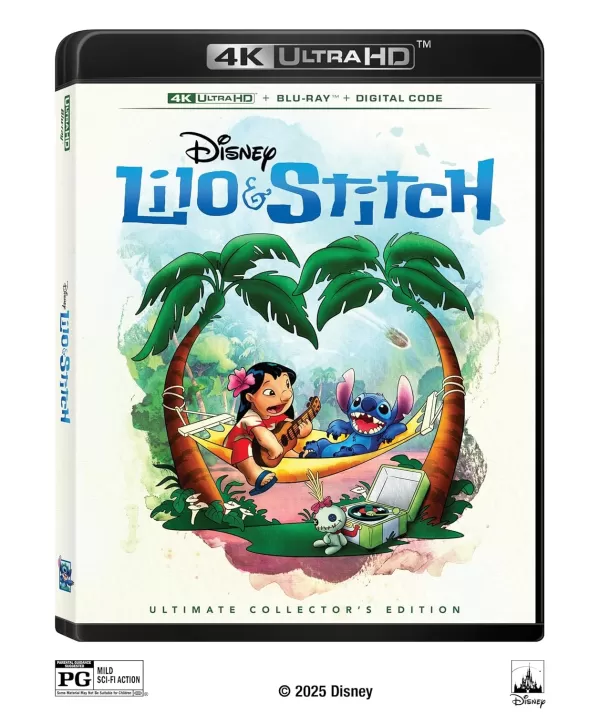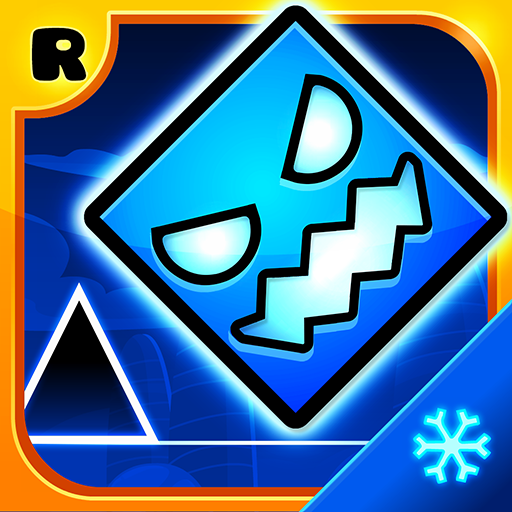Board gaming has never been more exciting, thanks to the vast array of modern options available, from family-friendly games to deep strategy challenges. However, the allure of classic board games remains undiminished. These timeless games have captivated both newcomers and seasoned players for decades, proving their enduring appeal.
TL;DR: The Best Classic Board Games
 ### Azul Board Game
### Azul Board Game
1See it at Amazon ### Pandemic
### Pandemic
0See it at Amazon ### Ticket to Ride
### Ticket to Ride
0See it at Amazon ### Catan
### Catan
0See it at Amazon ### Sherlock Holmes: Consulting Detective
### Sherlock Holmes: Consulting Detective
0See it at Amazon ### Can't Stop
### Can't Stop
0See it at Amazon ### Acquire 60th Anniversary Edition
### Acquire 60th Anniversary Edition
0See it at Amazon ### Diplomacy
### Diplomacy
0See it at Amazon ### Yahtzee
### Yahtzee
0See it at Amazon ### Scrabble
### Scrabble
0See it at Amazon ### Othello
### Othello
0See it at Amazon ### Crokinole
### Crokinole
0See it at Amazon ### Liar's Dice
### Liar's Dice
0See it at Amazon ### Chess - Magnetic Set
### Chess - Magnetic Set
0See it at Amazon ### Playing Cards
### Playing Cards
0See it at Amazon ### Go - Magnetic Board Game Set
### Go - Magnetic Board Game Set
0See it at Amazon
Modern board games have evolved significantly since the mid-90s, but exploring the classics from before this period can uncover timeless gems. Here are some of the best classic board games, presented in reverse chronological order, that continue to captivate players.
Azul (2017)
 ### Azul Board Game
### Azul Board Game
1See it at Amazon
Azul, though released in 2017, quickly established itself as a modern classic. This abstract game is visually stunning, featuring vibrant, chunky tiles that resemble sweets. The gameplay is straightforward: players take matching tiles from pools and arrange them on their boards, scoring points for completing rows, columns, and sets. Despite its simplicity, Azul offers a surprising depth and variety, making it a must-play for any board game enthusiast. For more insights, explore our detailed review of Azul and its expansions.
Pandemic (2008)
 ### Pandemic
### Pandemic
0See it at Amazon
Pandemic is the cornerstone of cooperative gaming, a genre that has exploded in popularity. Players work together to prevent global outbreaks of diseases, using clever mechanics and easy-to-learn rules. The game's tension comes from the race against time to find cures before the diseases spread uncontrollably. Alongside the base game, numerous expansions and spin-offs offer even more ways to enjoy this thrilling experience.
Ticket to Ride (2004)
 ### Ticket to Ride
### Ticket to Ride
0See it at Amazon
Designed by Alan R. Moon, Ticket to Ride is a beloved set collection game inspired by Rummy. Players collect colored cards to claim train routes on the board, aiming to connect cities as per their ticket cards. The game's tight maps and strategic blocking by opponents create an exciting and tense atmosphere. With its mass-market appeal and numerous versions and expansions, Ticket to Ride remains a staple in board game collections.
Settlers of Catan (1996)
 ### Catan
### Catan
0See it at Amazon
Now simply known as Catan, this game revolutionized modern board gaming with its innovative mix of dice mechanics, trading, and route planning. Its introduction to the English-speaking world sparked a surge in the hobby. Despite falling slightly out of favor, Catan's blend of luck and strategy remains addictive and historically significant.
Sherlock Holmes Consulting Detective (1981)
 ### Sherlock Holmes: Consulting Detective
### Sherlock Holmes: Consulting Detective
0See it at Amazon
This unique game blends board game elements with a choose-your-own-adventure style mystery-solving experience. Players navigate Victorian London to solve cases, aiming to outdo Sherlock Holmes himself. The atmospheric writing and engaging scenarios make it a compelling choice, with numerous expansion packs available for continued sleuthing.
Can't Stop (1980)
 ### Can't Stop
### Can't Stop
0See it at Amazon
Designed by Sid Sackson, Can't Stop is a thrilling race to the top of columns on the board, each representing a dice roll outcome. Players must balance risk and reward, deciding whether to continue rolling or end their turn safely. Its blend of luck and strategy, along with a mobile version, keeps it fresh and exciting.
Acquire (1964)
 ### Acquire 60th Anniversary Edition
### Acquire 60th Anniversary Edition
0See it at Amazon
Sid Sackson's Acquire is often credited with pioneering modern gaming concepts. Players build, merge, and invest in companies on a grid, creating a challenging mix of spatial and economic strategy. Its influence on game design is profound, and the 60th Anniversary Edition offers a fresh take on this classic. For a deeper dive, check out our review of the Acquire: 60th Anniversary Edition.
Diplomacy (1959)
 ### Diplomacy
### Diplomacy
0See it at Amazon
Diplomacy is notorious for testing friendships with its intense, strategic gameplay. Set in 19th-century Europe, players must form alliances and betray them to conquer the continent. The game's simultaneous movement mechanic adds a layer of unpredictability, making it a unique and challenging experience.
Yahtzee (1956)
 ### Yahtzee
### Yahtzee
0See it at Amazon
Yahtzee is a classic roll-and-write game that combines luck with strategic scoring. Players roll dice and fill in a scorecard, requiring both skill and a bit of luck. Its fast-paced, family-friendly nature makes it a timeless favorite.
Scrabble (1948)
 ### Scrabble
### Scrabble
0See it at Amazon
Scrabble is a beloved word game that challenges players to form words on a grid, balancing vocabulary with strategic placement. Despite longer turns, its widespread popularity ensures it remains a go-to choice for word game enthusiasts.
Othello / Reversi (1883)
 ### Othello
### Othello
0See it at Amazon
Othello, often mistaken for an ancient game, is a strategic battle where players flip opponent's disks by sandwiching them. Its simple rules belie a deep strategic game that can swing dramatically until the end.
Crokinole (1876)
 ### Crokinole
### Crokinole
0See it at Amazon
Crokinole, a Canadian dexterity game, combines flicking skill with tactical positioning. Players aim to score points by flicking disks into zones on the board, making it a fun and challenging game that's also a beautiful piece of decor.
Perudo / Liar's Dice (1800)
 ### Liar's Dice
### Liar's Dice
0See it at Amazon
Liar's Dice, known under various names, involves bidding on the total number of a specific die value among all players. It's a game of bluffing and statistics, where players must decide whether to raise the bid or call a bluff, making for tense and exciting gameplay.
Chess (16th Century)
 ### Chess - Magnetic Set
### Chess - Magnetic Set
0See it at Amazon
Chess, with origins tracing back to 600 AD, is a timeless strategy game that has evolved from the Indian game Chaturanga. Its global popularity and the depth of its strategy make it a staple in any board game collection.
Playing Cards (~900 AD)
 ### Playing Cards
### Playing Cards
0See it at Amazon
Originating in China, playing cards offer endless gaming possibilities. From poker to bridge, and lesser-known games like Jass and Scopa, a standard deck can provide a lifetime of entertainment and strategic play.
Go (~2200 BC)
 ### Go - Magnetic Board Game Set
### Go - Magnetic Board Game Set
0See it at Amazon
Go, a game of profound strategic depth, originated in China and is hugely popular in Japan. Players place stones on a grid, aiming to capture territory and opponent's stones. Its simplicity belies a complexity that has only recently been challenged by AI.
What makes a board game a “classic”?
The term "classic" is subjective, but key factors include sales, influence, and brand familiarity. Games like Ticket to Ride, with over 10 million copies sold, have crossed into classic status due to their widespread popularity. Influence is seen in games like Acquire, which introduced revolutionary concepts ahead of its time. Brand familiarity is evident in games like Chess, which are instantly recognizable and synonymous with strategy gaming. These elements together define what makes a board game a classic, ensuring its place in gaming history.

 ### Azul Board Game
### Azul Board Game ### Pandemic
### Pandemic ### Ticket to Ride
### Ticket to Ride ### Catan
### Catan ### Sherlock Holmes: Consulting Detective
### Sherlock Holmes: Consulting Detective ### Can't Stop
### Can't Stop ### Acquire 60th Anniversary Edition
### Acquire 60th Anniversary Edition ### Diplomacy
### Diplomacy ### Yahtzee
### Yahtzee ### Scrabble
### Scrabble ### Othello
### Othello ### Crokinole
### Crokinole ### Liar's Dice
### Liar's Dice ### Chess - Magnetic Set
### Chess - Magnetic Set ### Playing Cards
### Playing Cards ### Go - Magnetic Board Game Set
### Go - Magnetic Board Game Set LATEST ARTICLES
LATEST ARTICLES 












